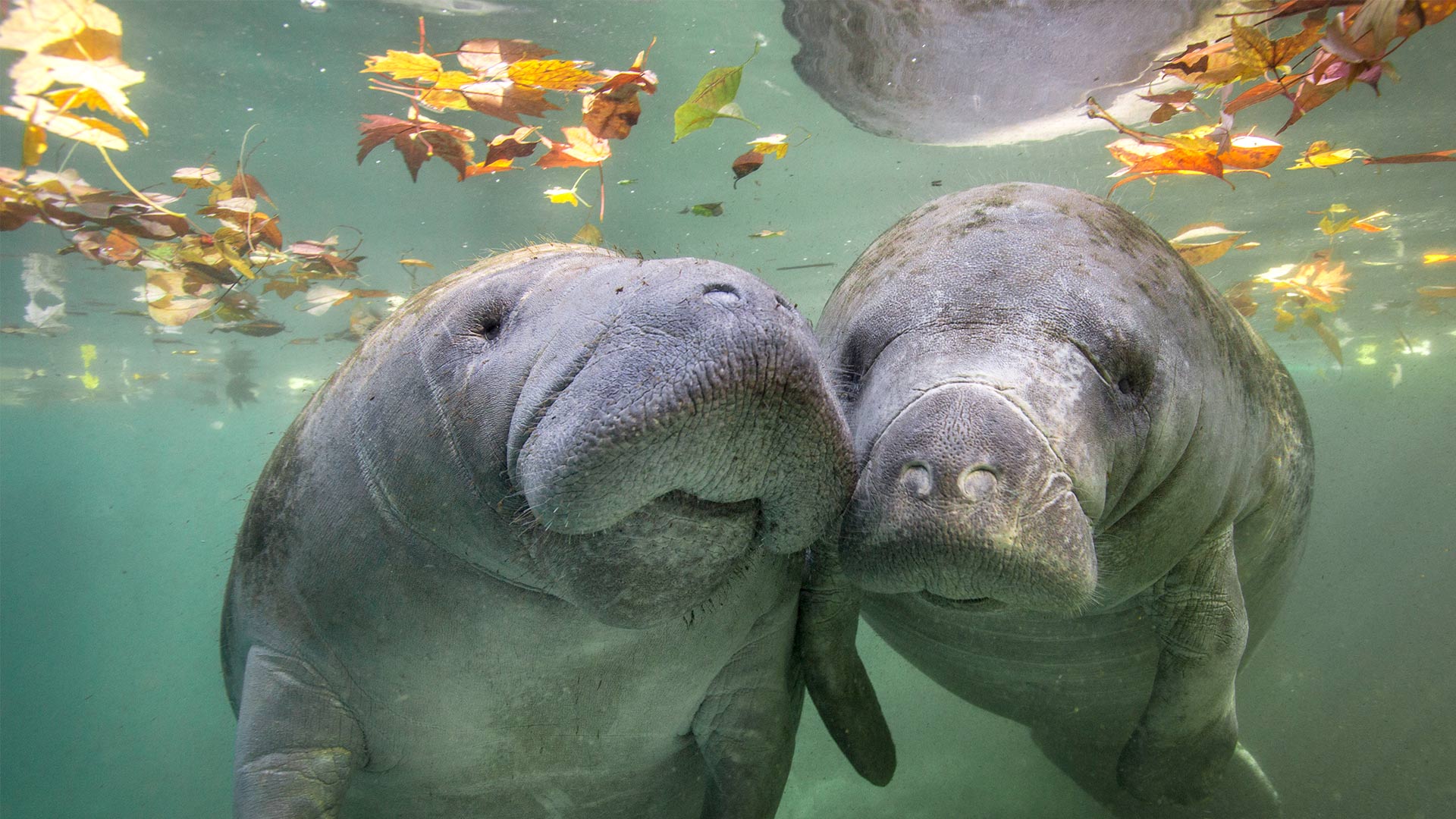Vanuatu Takes a Sustainable Approach to Waste Management with New Incinerator
Located in the South Pacific, Vanuatu is a small island nation that is known for its pristine beaches, lush rainforests, and unique culture. However, like many developing countries, Vanuatu faces challenges when it comes to waste management. With limited resources and infrastructure, the country has struggled to effectively deal with its growing waste problem. However, Vanuatu is now taking a sustainable approach to waste management with the introduction of a new waste incinerator.
The new incinerator, which was funded by a combination of government and international aid, is a critical step in addressing the country’s waste management issues. The incinerator is designed to safely and efficiently burn waste, reducing the volume of waste that ends up in landfills. This not only helps to alleviate the strain on limited landfill space but also significantly reduces the environmental impact of waste disposal. Additionally, the incinerator is equipped with state-of-the-art pollution control technology to minimize emissions and ensure that the process is environmentally friendly.
This sustainable approach to waste management aligns with Vanuatu’s commitment to environmental conservation and sustainable development. The government and local communities recognize the importance of preserving the natural beauty and resources of the islands for future generations. By implementing innovative waste management solutions such as the new incinerator, Vanuatu is taking proactive steps to protect the environment and promote a cleaner, healthier future for its citizens.
In addition to the new incinerator, Vanuatu has also been investing in education and awareness programs to promote responsible waste disposal and recycling. These initiatives are aimed at changing attitudes and behaviors towards waste management, encouraging individuals and businesses to reduce their waste generation and embrace recycling as a way to minimize their environmental impact.
The introduction of the new incinerator and the broader efforts to promote sustainable waste management have been met with enthusiasm and support from local communities. Citizens are eager to participate in the conservation efforts and are embracing the new ways of managing waste. The incinerator has also created new job opportunities and economic benefits for the local population, further demonstrating the positive impact of sustainable waste management.
While the implementation of the incinerator and other waste management initiatives is a significant step forward for Vanuatu, there are still challenges to overcome. One of the main challenges is ensuring that the incinerator is operated and maintained properly to maximize its efficiency and effectiveness. This requires ongoing training and investment in skilled personnel to manage the incinerator and its operations.
Another challenge is the need for continued investment in infrastructure and technology to support sustainable waste management. This includes expanding recycling facilities, implementing waste separation programs, and improving waste collection and transportation systems. These investments are critical to building a comprehensive waste management system that can effectively address the country’s waste challenges in the long term.
The introduction of the new incinerator has also raised questions and concerns among the public regarding its potential impact on the environment and public health. To address these concerns, the government has provided information and conducted public consultations to transparently communicate the benefits and safety measures of the incinerator. Here are some frequently asked questions about the new incinerator and its sustainable approach to waste management:
FAQs:
Q: How does the new incinerator work, and what types of waste can it process?
A: The new incinerator is a modern, state-of-the-art facility that is designed to safely burn a wide variety of waste, including municipal solid waste, medical waste, and industrial waste. The incinerator operates at high temperatures, which effectively breaks down the waste and reduces it to ash. The incinerator is equipped with advanced pollution control technology to minimize emissions and ensure that the process is environmentally friendly.
Q: What measures are in place to ensure that the incinerator does not harm the environment or public health?
A: The incinerator is equipped with advanced pollution control technology, including filters and scrubbers, to minimize emissions and pollutants. The facility is also subject to strict regulatory oversight to ensure compliance with environmental and safety standards. Regular testing and monitoring are conducted to assess air and water quality to ensure that the incinerator is operating safely and responsibly.
Q: What are the economic benefits of the new incinerator for Vanuatu?
A: The new incinerator has created new job opportunities and economic benefits for the local population. The facility requires skilled personnel to operate and maintain, providing employment opportunities for the community. Additionally, the incinerator reduces the volume of waste that goes to landfills, which helps to prolong the lifespan of existing landfill sites and minimize the need for new ones.
In conclusion, Vanuatu’s sustainable approach to waste management with the introduction of a new incinerator represents a significant step forward in addressing the country’s waste challenges. The incinerator not only reduces the volume of waste that ends up in landfills but also promotes environmentally friendly waste disposal and creates new economic opportunities for the local community. Moving forward, continued investment in infrastructure, technology, and public education is essential to building a comprehensive waste management system that promotes environmental conservation and sustainable development for Vanuatu.
Vanuatu takes a sustainable approach to waste management with new incinerator




